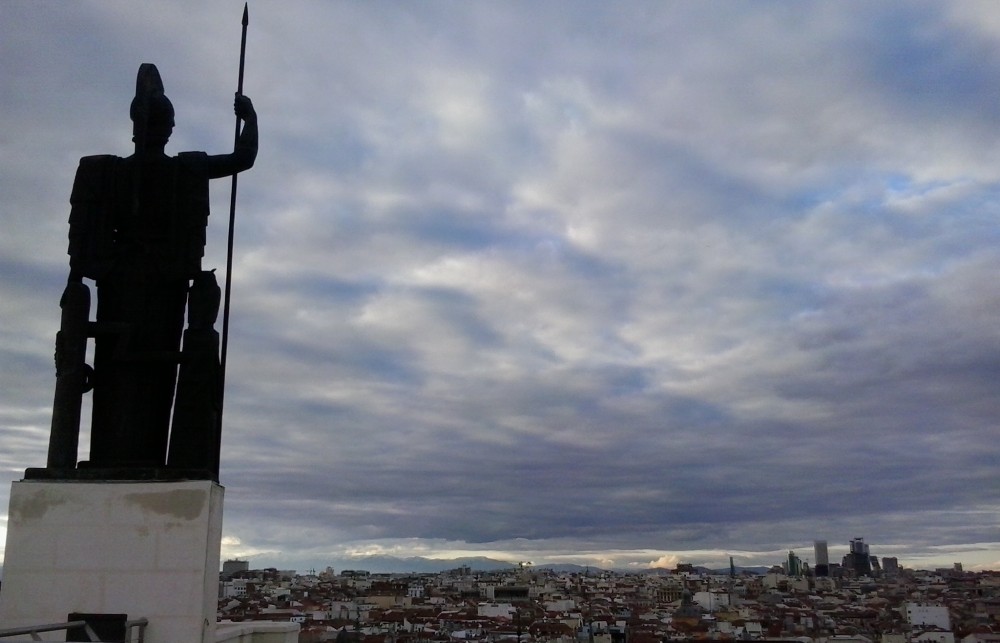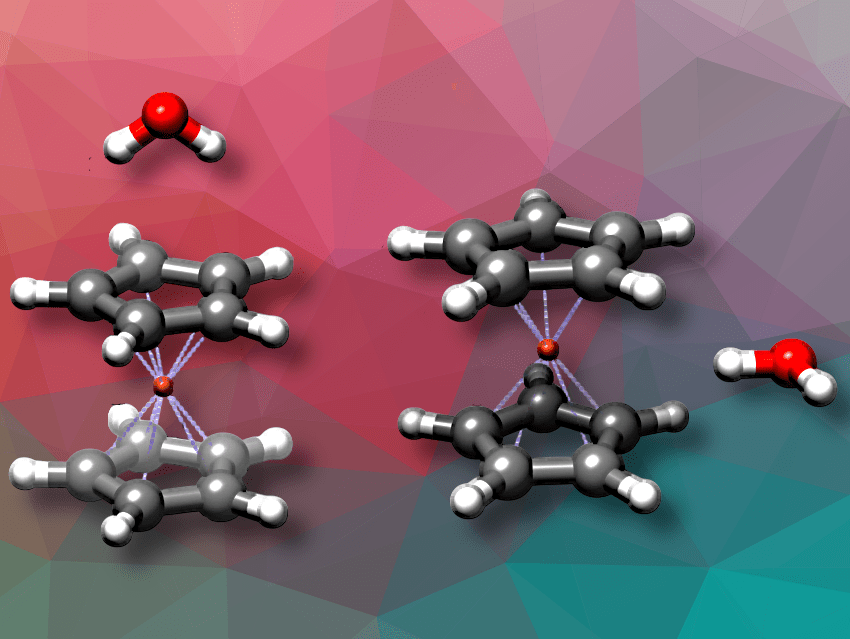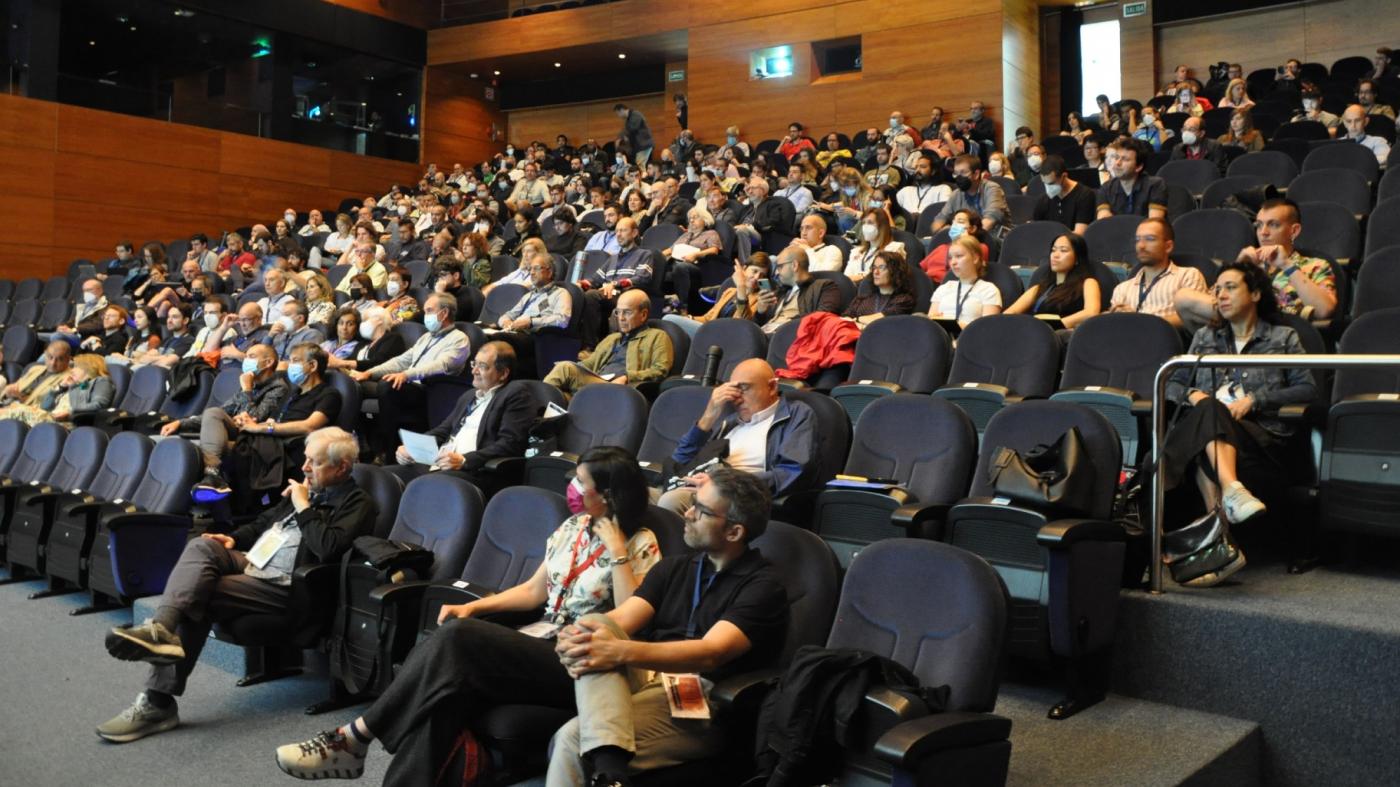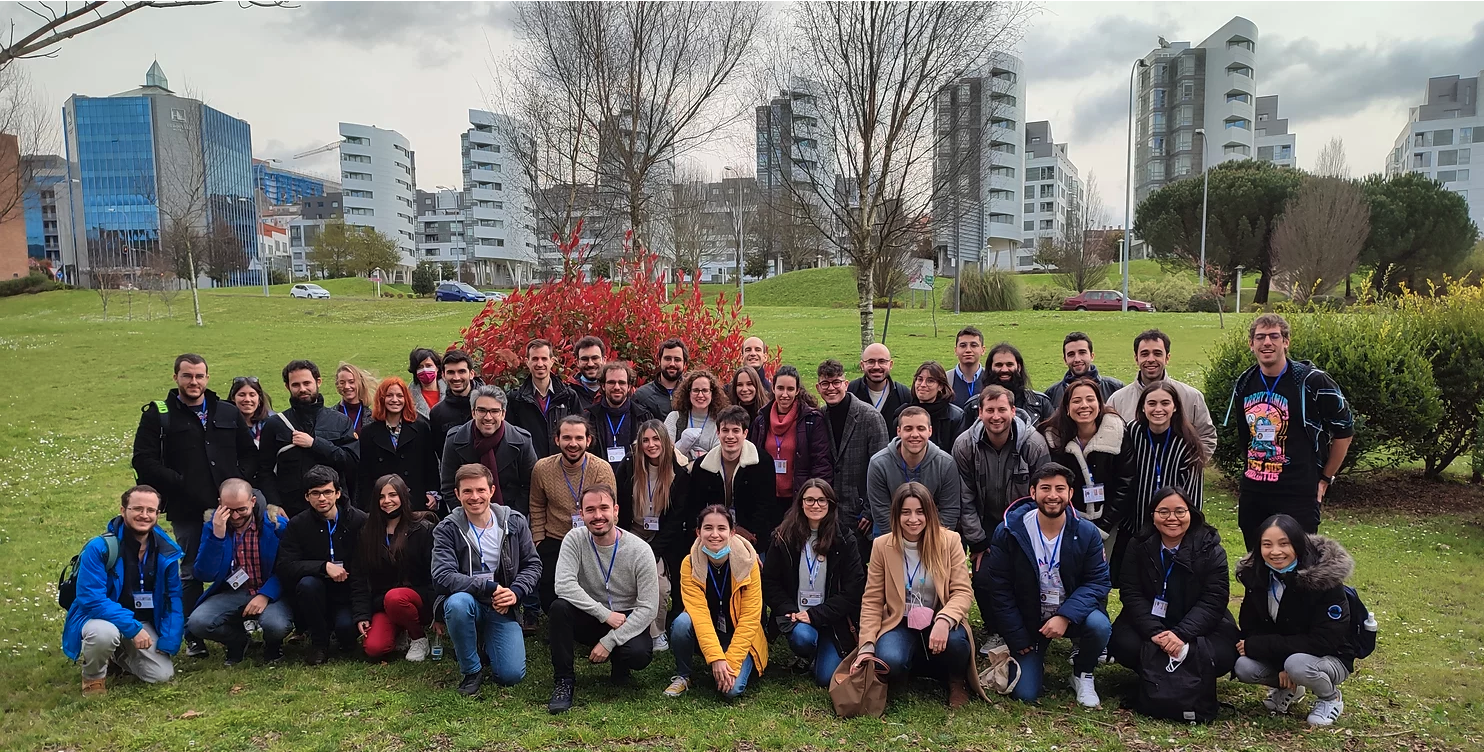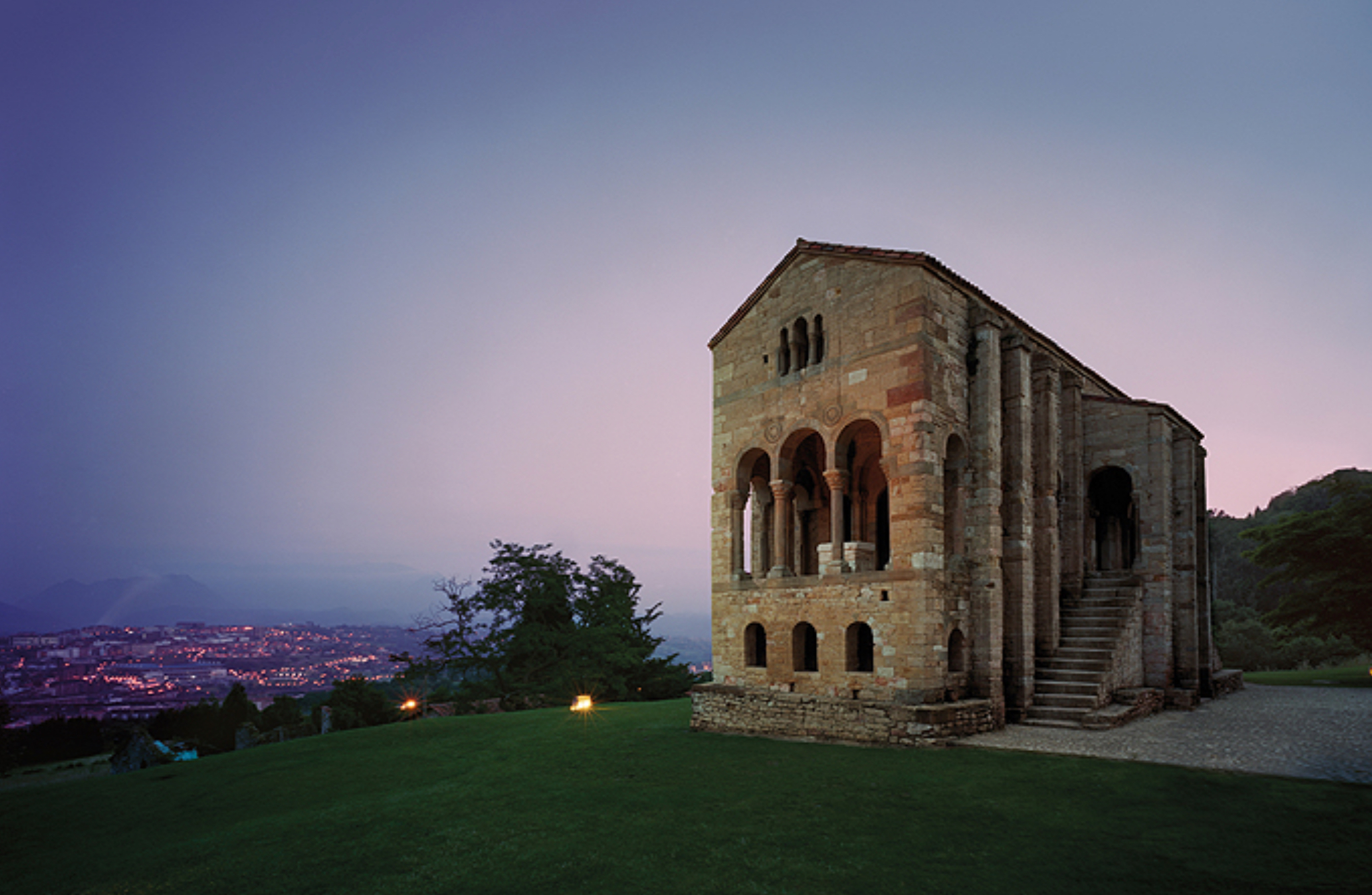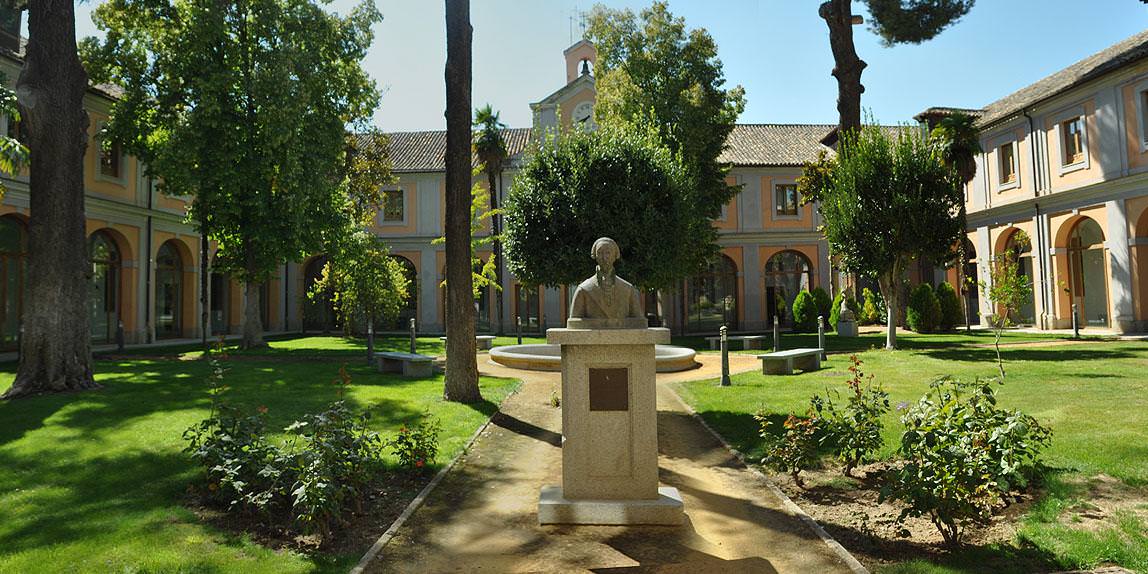La revista Molécula de la Universidad de Castilla La Mancha publica en su número de octubre, en la página 19, un precioso artículo de José Elguero titulado “Algunos trabajos olvidados”. En él, Elguero reflexiona sobre aquellas publicaciones que un científico produce a lo largo de su vida y que, por unas razones u otras, no llegan a tener el recorrido que probablemente merecían. Pero podemos ir incluso un paso más allá: a veces esos artículos desaparecen, casi literalmente, de la faz de la Tierra, por motivos espúreos.
Adelanto algunas frases del artículo que invitan a leerlo:
“Hicimos los experimentos (…). Lo escribimos, lo mandamos a Angewandte y el editor lo rechazó diciendo que Angewandte no publica resultados negativos (!).”
“Eso me recuerda a una frase de “El hombre que mató a Liberty Valence” (John Ford, 1962): Esto es el Oeste, señor. Cuando la leyenda se convierte en realidad, hay que publicar la leyenda (This is the West, sir. When the legend becomes fact, print the legend). En este tema la batalla entre la verdad y la tradición no está perdida.“
“Resulta que varios autores han observado el mismo comportamiento y lo han “criptopublicado”, es decir, escondido en el manuscrito. Así que decidimos publicarlo de una manera escandalosa (…) con la esperanza de suscitar una discusión, pero, ay qué dolor, este trabajo solo ha sido citado dos veces y ambas por nosotros.”
Seguro que más de uno ha vivido experiencias similares pero, como es bien sabido, rara vez las historias sin final feliz tienen éxito en el complejo mercado de la ciencia.
Se puede leer el artículo completo aquí.
